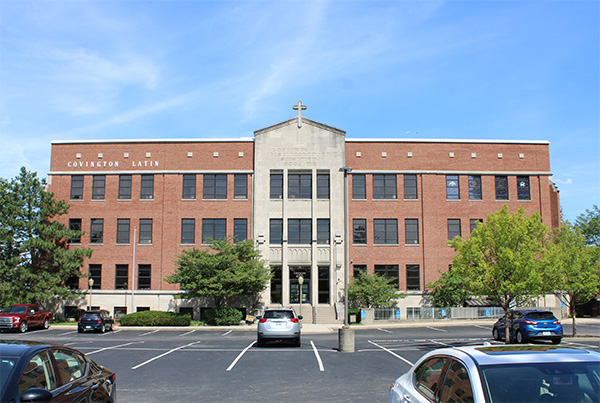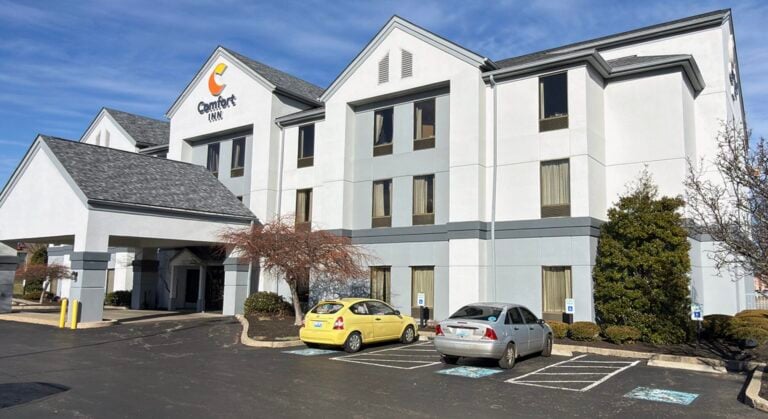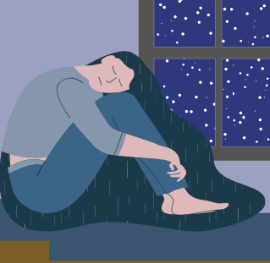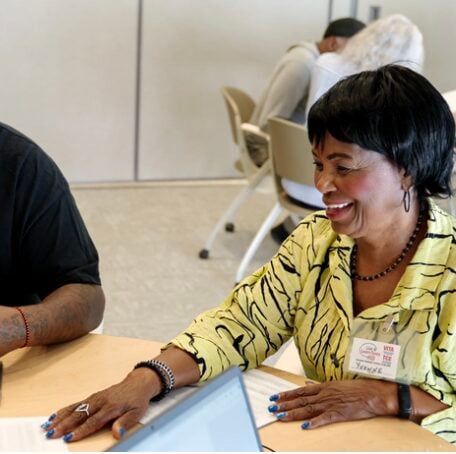Recent reports of pertussis, also known as whooping cough, in Northern Kentucky have reached record levels. Since November 2015, there have been 172 cases reported in Boone, Campbell, Grant and Kenton Counties—a level that surpasses previous outbreaks in 2012 (109 reported cases) and in 2010 (140 cases).
School-age children, aged 7 to 17 years, continue to account for the majority of reported cases in the current outbreak. More than 45 schools and child care centers have been impacted. School staff and parents are also at increased risk, as they are often exposed to children who are infected.

“Early symptoms of whooping cough mimic the common cold, so it is often not suspected or detected until more severe symptoms appear,” said Lynne M. Saddler, MD, MPH, District Director of Health. “Unfortunately, this means that people with whooping cough spread the disease to others before realizing that they are infected.”
The symptoms of whooping cough can differ by age.
Infants may have no apparent cough. Coughing spells, when they occur, may be so severe the infant’s face turns red or purple. However, whooping cough is most concerning for infants under age 1, with a higher instance of severe illness and even death.
In children, symptoms typically start with a cough and runny nose that may last up to two weeks. The cough usually gets worse and changes into rapid spells of hacking cough that have a tell-tale “whooping” sound. These may be associated with vomiting and breathlessness. Children who are vaccinated may have milder symptoms.
Adults with whooping cough may just have a cough that lasts for several weeks.
“To help stop the spread of whooping cough, three steps are vital: vaccination, avoiding vulnerable groups when you have cold symptoms, and if diagnosed with whooping cough, staying home for five days after antibiotic treatment has started.”
Vaccination
Although whooping cough can occur in vaccinated persons, symptoms are usually less severe and resolve more quickly than in unvaccinated persons.
Young children typically receive five doses of DTaP, which includes vaccine for tetanus and diphtheria as well, administered at two months, four months, six months, 15 to 18 months and 4 to 6 years of age. A booster dose of Tdap is recommended for preteens at ages 11 or 12.
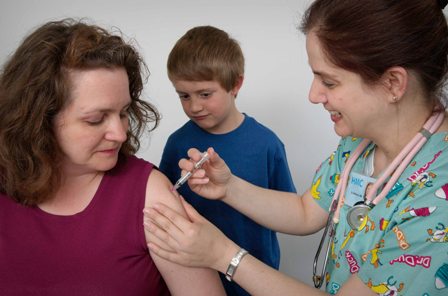
Because vaccine protection fades over time, adults and parents of teens age 10 years of age or older should ensure that Tdap vaccinations are up to date. Adults age 19 and older can receive a free Tdap vaccine by appointment at the Health Department’s four county health centers. Children age 18 and under can get the Tdap or DTaP vaccine for free through the Vaccines For Children program, provided that they have a Medical card, KCHIP, no health insurance or health insurance that doesn’t cover the vaccine. Most doctors’ offices and many pharmacies offer the vaccine as well. The Health Department is also working with local schools affected by the outbreak to provide immunization clinics for students, staff and family members.
Families, child care providers and health care providers should make an extra effort to get vaccinated for whooping cough if they will be around an infant who is too young to be vaccinated or anyone who cannot be vaccinated for medical reasons. Pregnant women should be vaccinated after 20 weeks.
Diagnosis
Individuals, especially teenagers, who have a cough lasting more than two weeks and/or one that progressively gets worse are advised to contact their health care provider for evaluation and avoid contact with others, especially infants, young children, the elderly and those with a weakened immune system.
If you live with someone who has been diagnosed with whooping cough, or have had prolonged close contact, contact your health care provider as well.
Treatment
Persons diagnosed with whooping cough should stay home from school or work until they have been taking antibiotics for five days.
For more information on whooping cough, click here.








